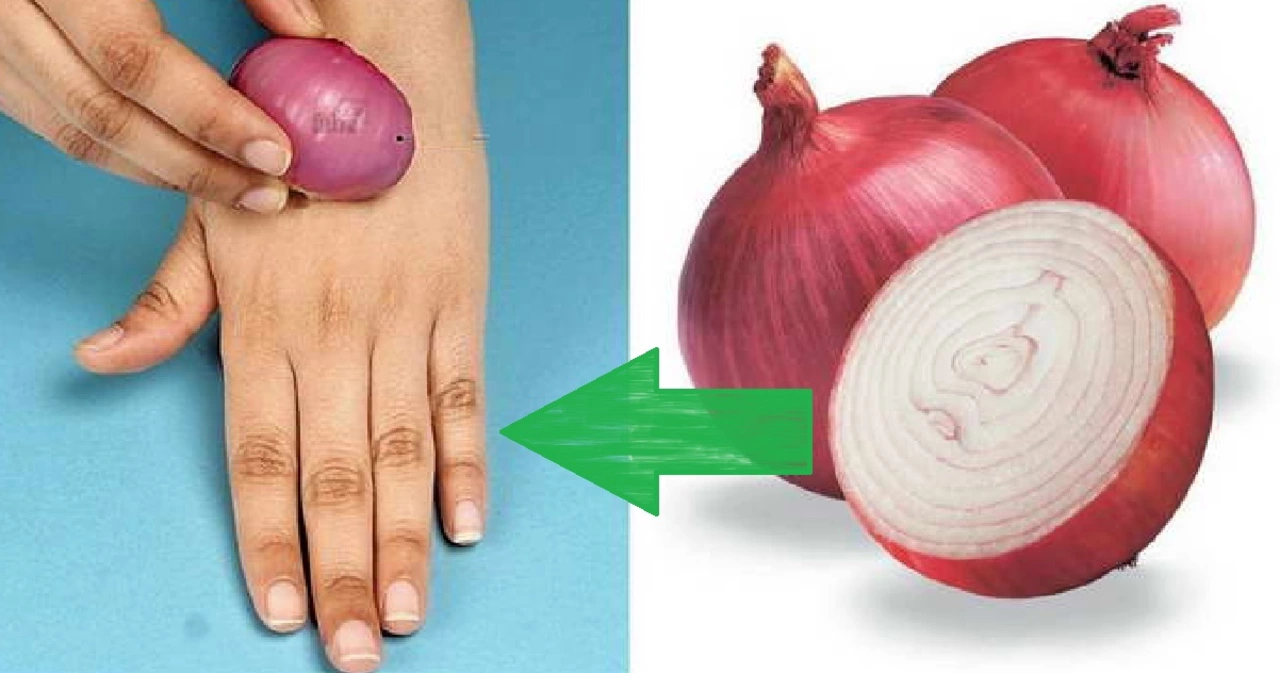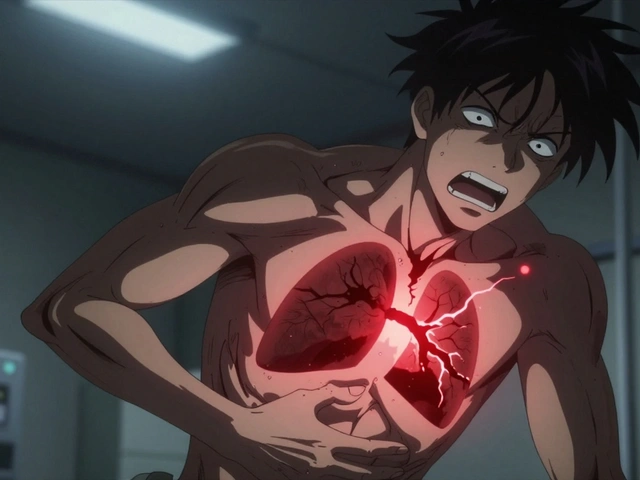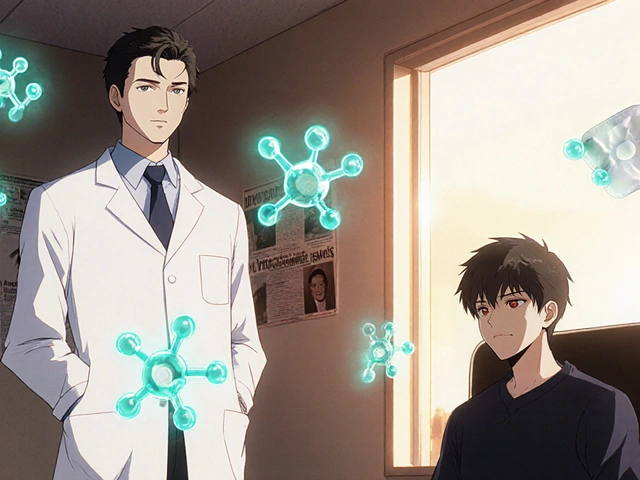Onion extract: what it does and when to try it
Onion extract comes from Allium cepa and shows up in skincare gels and homemade juices. People use it most for scars and some types of hair loss. It’s not a miracle cure, but for certain problems it can help a bit—and it’s cheap and easy to try if you know what to do.
What the evidence says
For scars: several small trials and clinic reports found topical onion extract gels can soften scars, reduce redness, and improve texture compared with doing nothing. Results are usually modest and take weeks to appear. For hair: a small 2002 trial tested raw onion juice applied to the scalp twice daily for patchy alopecia areata and saw better hair regrowth than placebo in many participants. That study focused on autoimmune patch hair loss, not typical male-pattern baldness. So, the clearest evidence is for some scar types and for patchy alopecia areata—not for all hair loss.
Keep expectations realistic: improvements often take 6–12 weeks and vary from person to person. If a product promises overnight changes, be skeptical.
How to use onion extract safely
Choose your form: commercial onion gels (look for "Allium cepa" on the label) are made for scars and are easy to use. For hair, people often use raw onion juice, but that can smell strong and irritate skin. If you try DIY juice, blend or grate an onion and strain the liquid.
Patch test first: dab a little on the inside of your wrist and wait 24 hours. If you get redness, swelling, or burning, stop. Avoid using on open wounds or broken skin unless the product specifically says it’s safe for that use.
Typical routine: for scars, apply the gel to the healed scar twice daily and rub gently. For hair, apply onion juice to the patchy area, leave 15–30 minutes, then wash out. Repeat daily or every other day. Stick with it for at least 6–8 weeks before judging results.
Watch for side effects: the main issues are skin irritation, allergic reactions, and a strong smell. Don’t get juice in your eyes—rinse with water right away if that happens. If you have sensitive skin, mix juice with a carrier like aloe vera or use a commercial, buffered product instead.
When to see a doctor: if a scar is painful, growing, changing color dramatically, or if hair loss spreads quickly, talk to a dermatologist. They can recommend prescription options or targeted treatments that work faster and safer for your condition.
Bottom line: onion extract can help certain scars and some cases of patchy hair loss, but it works slowly and not for everyone. Use a trusted product, patch test first, and give it time. If you don’t see progress or you get irritation, stop and consult a pro.

Onion extract and men's health: What you need to know
As a blogger, I recently explored the connection between onion extract and men's health, and I must say I was quite surprised by my findings. It turns out that onion extract has a variety of benefits for men, including improving heart health, boosting testosterone levels, and even supporting prostate health. I also discovered that incorporating onion extract into one's diet is fairly simple, with options like supplements or just adding more onions to everyday meals. I think it's important for men to be aware of these benefits and consider giving onion extract a try for better overall health. So, don't shy away from those onions, gentlemen, your body will thank you!
Detail




